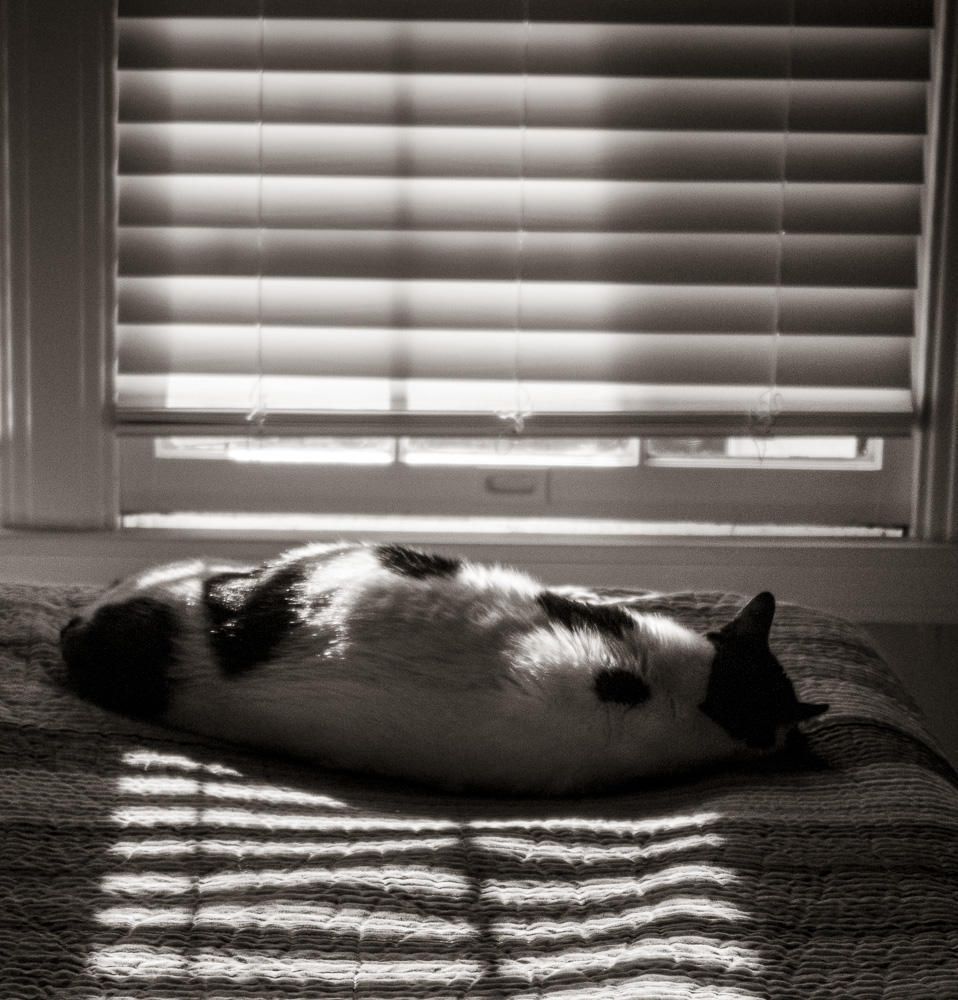On Sunday, January 22, 2017, seven women priests gathered to co-celebrate at the altar at the Episcopal Church of Reconciliation in San Antonio, Texas to commemorate the 40th anniversary of the ordination of women in the Episcopal Church. What a glorious and joy-filled eucharist!
This is the congregation that sponsored both my husband Doug and me in the process to become priests in the Episcopal Church. (Because we were the first clergy couple in the diocese, I was also required to have a second congregation sponsor me, Trinity Episcopal Church in Victoria, TX.) The gathering was baptized by tears of joy and wonder. We remembered the Philadelphia Eleven, and the bishops who ordained those first women despite threats to the bishops’ lives. We beheld the faces of the Rev. Katy Riggs, first woman ordained in the Episcopal Diocese of West Texas and women clergy who had served at Reconciliation in various capacities.
And we delighted in the celebration of so many strong women lay leaders in that parish. Those spiritual mothers were crucial to my own journey. Women like Abbie McLennan and Stella Brown, Betty Storrs and Saradell Crawford. These were women who never blanched at the thought of clergy couple, and who fully embraced the possibility of women presiding at the eucharist, preaching and blessing.
When Doug and I arrived at Reconciliation in the summer of 1979, it was Abbie McLennan who immediately spotted us during worship, then later introduced us to other members and made us welcome.
I was 31 at the time; our sons Jason and Bryan were 3 and 6. I was teaching Spanish at the University of Texas at San Antonio. I was in the beginning steps of what I later realized was a path into contemplative prayer. Some of the spiritual mothers at Reconciliation knew of this improbable call of mine to holy orders. And so, they began to bring it up. They claimed it for me before I could fully claim it for myself.
And here's the amazing thing: while our dear bishop and the archdeacon and the members of the Standing Committee and Commission on Ministry were all sort of baffled by the idea of a clergy couple, these spiritual mothers at Reconciliation never faltered. They could SEE it. They knew it was possible. They held a vision that Doug and I could never have held by ourselves.
One day, after Doug had been accepted to seminary and I was going to be working as the parish secretary at St. George's in Austin (after teaching at UTSA), Betty Trail, (one of those beloved mothers) and I were in the sanctuary together, oiling pews. Betty was an RN, a divorcee, and pretty outspoken. She was instrumental in getting Reconciliation involved in early hunger ministries and the Battered Women's Shelter. Betty turned to me, and said like a prophet, "You will become a priest. I know this. And I can imagine that day!" She said this with a twinkle--a little like a fairy godmother. And then she went back to oiling the pews. I was stunned. From time to time another spiritual mother would either send me a card or say something in person. They began speaking my priestly vocation into being out loud, unapologetically, when I was still scared of saying it for myself.
On the institutional side of things, it is certainly true that professors at the Seminary of the Southwest, our bishop and other male clergy shepherded my process toward ordination. On the maternal, feisty, hopeful side of things it was Betty Trail and other spiritual mothers of mine who held the hope, when I figured I'd be teaching the Spanish subjunctive for the rest of my life. It just goes to show how significant community is, and how we are all woven together.
Many of those spiritual mothers of the parish are now among the community of saints. On Sunday, as six of women clergy stood beside the Rev. Judith Rhodes as she presided at eucharist, I felt their presence and joy so strongly. It simply took my breath away. As living members of the Body of Christ, they have helped birth new life, and dared to believe the gospel includes us all—every single one of us. They delight in our ongoing embodiment of the dignity of every human being.



